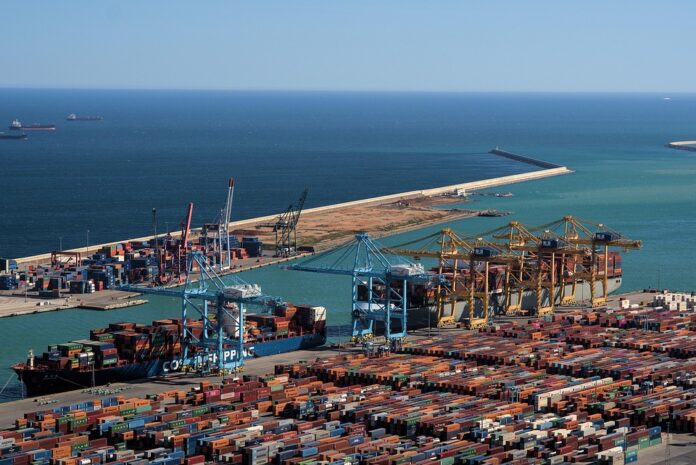Introduction
Reverse logistics is a crucial aspect of the beverage industry, particularly when managing returns and recalls. In this report, we will delve into the importance of reverse logistics in handling beverage returns and recalls, exploring the reasons why it is essential for companies to have effective reverse logistics strategies in place. We will also examine how reverse logistics can help businesses minimize losses, improve customer satisfaction, and maintain regulatory compliance.
Importance of Reverse Logistics in Beverage Returns
1. Minimizing Financial Losses
One of the primary reasons why reverse logistics is important in managing beverage returns is its ability to minimize financial losses for companies. When products are returned due to quality issues or customer dissatisfaction, businesses could incur significant costs if they do not have an efficient reverse logistics process in place. By streamlining the return process and efficiently managing returned products, companies can reduce the impact on their bottom line.
According to industry data, the beverage industry experiences a significant number of returns each year, costing companies millions of dollars in lost revenue. By implementing effective reverse logistics strategies, businesses can recover some of these losses by refurbishing, repackaging, or reselling returned products.
2. Improving Customer Satisfaction
Reverse logistics also plays a crucial role in improving customer satisfaction. When customers encounter issues with a beverage product and decide to return it, how the company handles the return process can greatly impact the customer’s overall experience. By providing a smooth and hassle-free return process, businesses can enhance customer loyalty and trust in their brand.
Companies that prioritize reverse logistics and make it easy for customers to return products can build a positive reputation for customer service. This can lead to increased customer retention and repeat business, ultimately contributing to long-term success in the competitive beverage market.
3. Ensuring Regulatory Compliance
Another important aspect of reverse logistics in managing beverage returns is ensuring regulatory compliance. In the beverage industry, there are strict regulations governing the handling and disposal of returned products, especially in cases where recalls are necessary due to safety concerns.
By having robust reverse logistics processes in place, companies can ensure that they comply with regulatory requirements and properly manage returned products according to industry standards. Failure to adhere to these regulations can result in fines, legal repercussions, and damage to the company’s reputation.
Importance of Reverse Logistics in Beverage Recalls
1. Protecting Public Health and Safety
In cases of beverage recalls, reverse logistics becomes even more critical in protecting public health and safety. When a beverage product is found to be contaminated or unsafe for consumption, swift action is required to remove the product from the market and prevent further harm to consumers.
Effective reverse logistics processes enable companies to quickly identify and recall affected products, trace their distribution channels, and safely dispose of or destroy the recalled items. By efficiently managing beverage recalls, companies can demonstrate their commitment to public health and safety, which is essential for maintaining consumer trust and brand reputation.
2. Mitigating Brand Damage
Beverage recalls can have a significant impact on a company’s brand reputation and market share. In the age of social media and instant communication, news of a recall can spread rapidly, potentially damaging the brand’s image and eroding consumer confidence.
By implementing robust reverse logistics strategies for managing recalls, companies can mitigate brand damage by demonstrating transparency, accountability, and a proactive approach to resolving the issue. Effective communication with consumers, retailers, and regulatory authorities is key to restoring trust and minimizing the long-term effects of a recall on the brand.
3. Reducing Environmental Impact
Reverse logistics also plays a role in reducing the environmental impact of beverage recalls. When products need to be recalled, companies must ensure that they are disposed of or recycled in an environmentally responsible manner to minimize waste and pollution.
By incorporating sustainability practices into their reverse logistics processes, companies can reduce their carbon footprint, conserve resources, and support a circular economy. Proper disposal and recycling of recalled products can also help mitigate the environmental consequences of a recall and demonstrate the company’s commitment to environmental stewardship.
Conclusion
In conclusion, reverse logistics is essential for managing beverage returns and recalls in the competitive and highly regulated beverage industry. By prioritizing reverse logistics, companies can minimize financial losses, improve customer satisfaction, ensure regulatory compliance, protect public health and safety, mitigate brand damage, and reduce environmental impact. Investing in effective reverse logistics strategies is not only a sound business decision but also a crucial step towards building a strong and sustainable brand in the beverage market.




